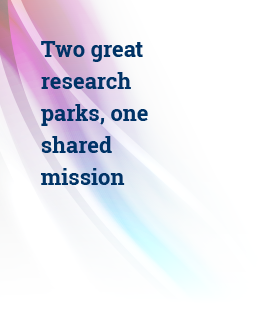University of Arizona Tech Incubator Refines Focus, Welcomes New Class
Arizona Daily Star
June 19, 2016
David Wincher
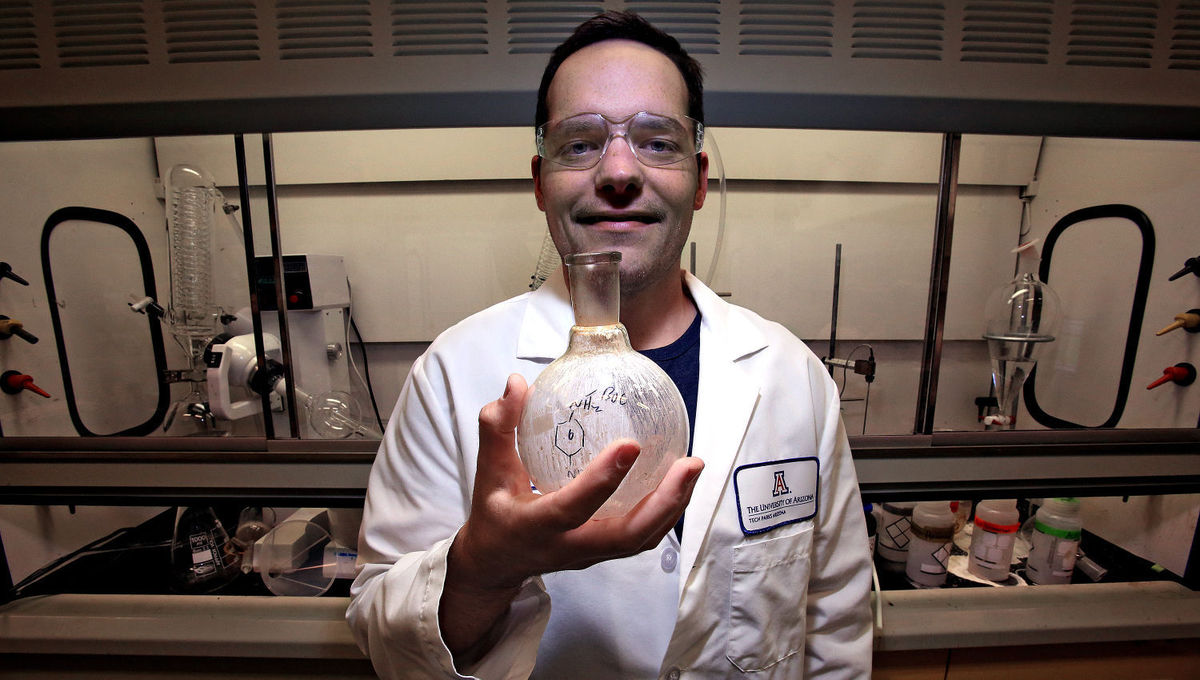
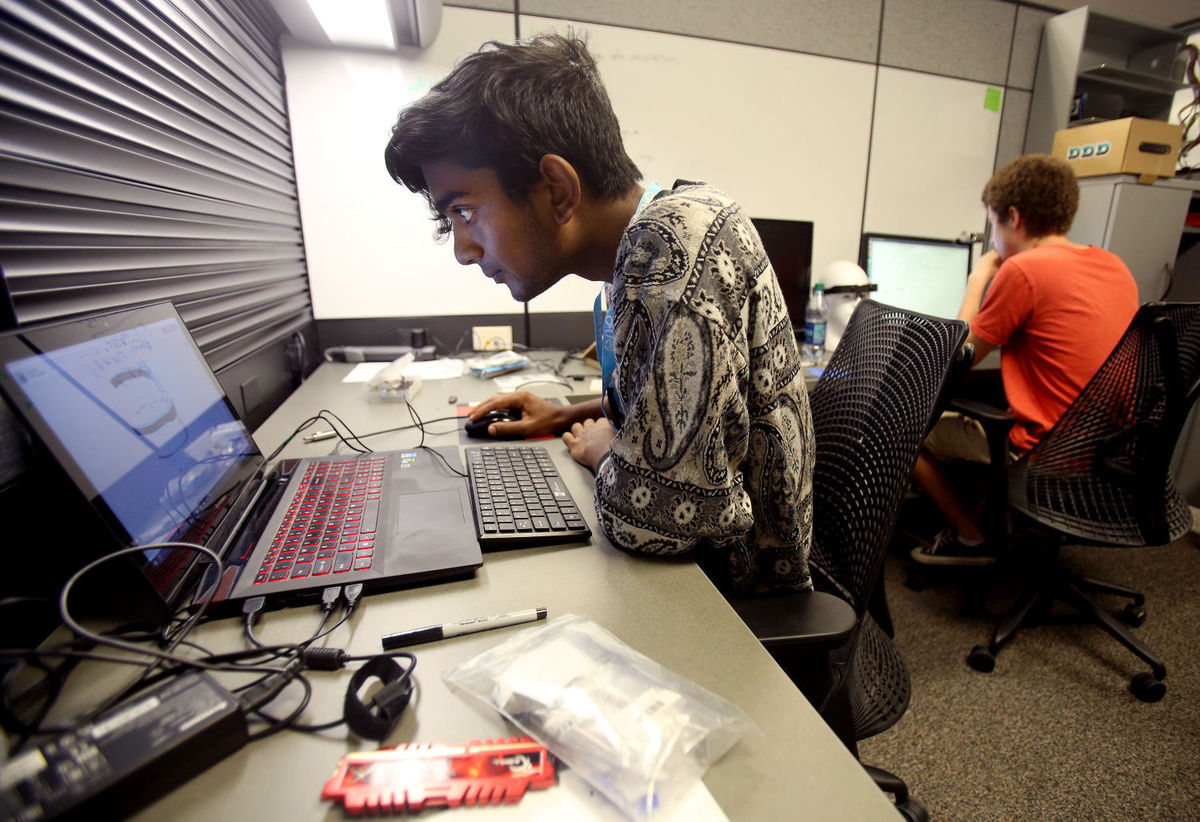
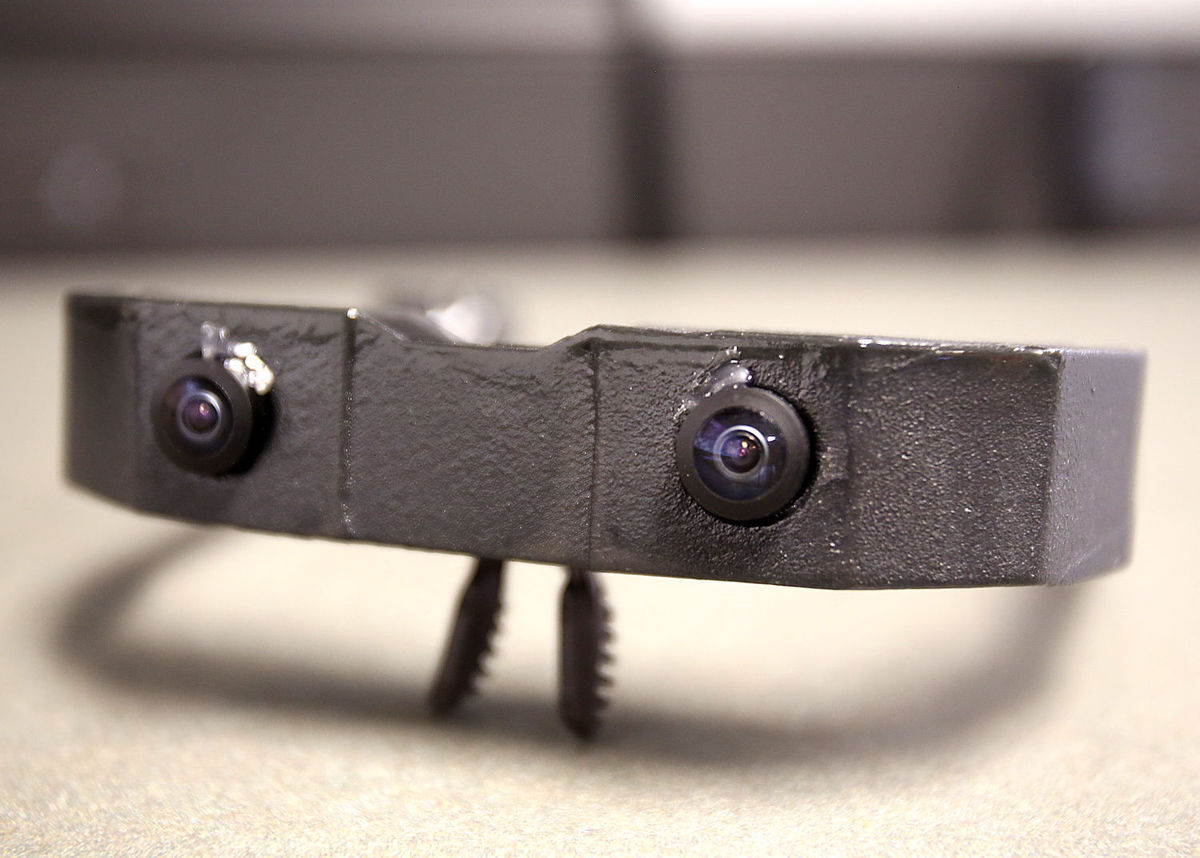
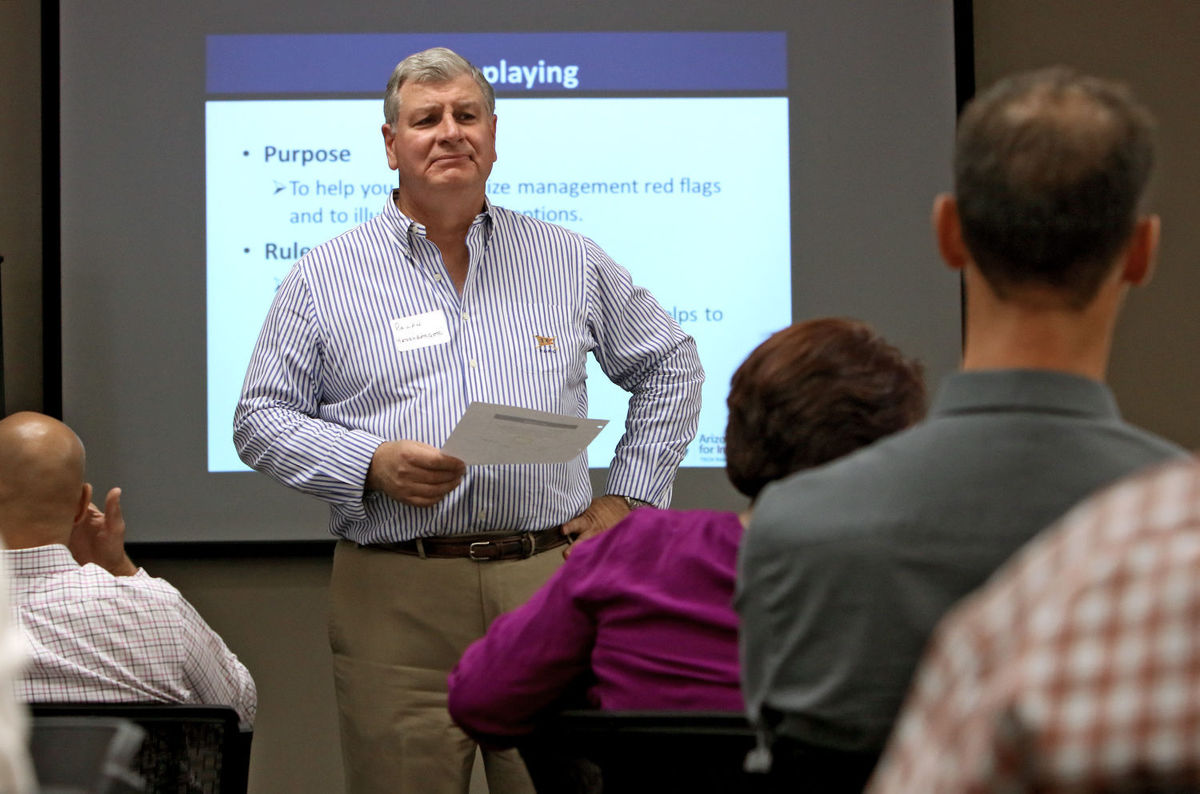
More than 12 years after its inception, the University of Arizona’s business incubator is reshaping itself to better serve the Tucson area’s entrepreneurial ecosystem.
The Arizona Center for Innovation has celebrated some successes — including the recent acquisition of a former client company by a major electronics firm — but has widened its focus beyond UA startups to boost its effectiveness and better align with other local startup resources.
That retooling is reflected in AZCI’s current roster of eight clients, which includes a Canadian solar-energy company, a biotech cancer-drug company preparing for clinical trials, and several companies developing prototype products.
“I think we’re seeing somewhat better clients coming into AZCI — more tech-focused and with a better chance of success,” said Bruce Wright, UA associate vice president for Tech Parks Arizona.
Since its founding in 2003, AZCI has had more than 100 clients, mostly with ties to UA faculty, students or technology, acting center director Anita Bell said.
Better Survival Rates
At last count in 2014, AZCI clients had raised $31.6 million in grants and private-equity investments, Bell said. The AZCI annual program budget is about $90,000, with clients paying $275 monthly to participate.
And about 68 percent of AZCI client companies were still operating, she said.
According to the National Business Incubation Association, incubator programs at least 10 years old can increase a company’s chances of survival to more than 80 percent.
Successful AZCI graduates typically reach milestones allowing them to raise more investment capital, or in some cases, to be acquired by an established company.
The latter was the case in late May, when AZCI grad nMode Solutions Inc. and a sister joint venture, Triton Microtechnologies, were acquired by Indiana-based electronic connector maker Samtec Inc.
New Circuit Designs
Co-founded by former Raytheon engineer Tim Mobley and Sergio Cardona, Oro Valley-based nMode specializes in advanced circuit design including so-called stacked 2.5-D and 3-D chips.
Triton, a joint venture with Tokyo-based Asahi Glass, has developed a technology to make tiny electrical pathways through thin glass layers, to cram more processing power in the same space.
Samtec, which has annual worldwide revenues of $625 million, expects the acquisition to boost the company’s microelectronics technologies and allow it to break into the market for electronic sensors, Samtec spokesman Danny Boesing said.
For at least the foreseeable future, Samtec plans to keep the company and its employees in Oro Valley, Boesing said.
Terms of the sale were not disclosed.
Other AZCI graduates still moving forward include:
• Rallyup.com, a crowd-funding platform for nonprofits co-founded by a UA alumnus;
• Grafted Growers, a vegetable grafting company founded by two grads of the UA’s McGuire Center for Entrepreneurship;
• Metropia, which is testing a traffic-reducing app invented by a UA civil engineering associate professor;
• LightSense Technologies, which has worked with UA faculty on a new kind of infrared imaging sensor; and Drone Control Systems, which is testing its system to track drone flights in real time.
Aid With Talent Search
Steven Bernat, founder and CEO of RallyUp.com, said he could have started his company in the San Francisco area, where he founded and led several software companies.
A 1982 finance graduate of the UA, Bernat came up with his idea for RallyUp.com while trying to get junior-high-school-age kids to fundraise for his church.
Bernat said he found talent and help in Tucson with the help of the AZCI.
“I really have to credit AZCI; they were instrumental,” he said.
Now, the company has hosted more than 800 fundraising campaigns with groups including the American Heart Association.
Five of the company’s six employees are UA alumni.
Bernat said AZCI staff provided vital support including market analysis and industry contacts, while giving the company much-needed office space.
New to Business
A current AZCI client, Codelucida, found itself on a fast track after going through the center’s “mentored launch” program in 2013.
Co-founder and CEO Shiva Planjery said the program helped the company license the technology through the UA and win federal Small Business Innovation Research grants of $150,000 and $750,000 to advance its technology to improve error-correction software in solid-state storage drives and similar devices.
Starting a company was new for Planjery, a UA alum who co-founded the company in 2012 while finishing his doctorate with UA electrical engineering professor Bane Vasic, a co-founder with David Declercq, a professor at the Université de Cergy-Pontoise in France.
“I had just graduated, and I had no idea what was involved,” Planjery said. “Every company has unique challenges, unique models, unique issues that need to be mentored.”
Another current client, cancer-drug startup Synactix Pharmaceuticals, said the wet lab space made available to AZCI clients at the UA Tech Park has proved invaluable.
“They were able to provide us with top-of-the-line wet lab space,” said Brendan Frett, co-founder and CEO of Synactix. “When you’re a small company, you can’t afford to rent lab space.”
Synactix is now working on a grant application for a small-business grant that will help it get approval to pursue clinical trials, initially for certain types of thyroid cancer, he said.
Changing Landscape
As AZCI works to help inventors bring their ideas to market, the center must adapt to a changing entrepreneurial landscape, said the UA’s Wright.
He noted that even as the last few years have seen some local entrepreneurial resources, like Startup Tucson, grow, others — like the Toole Avenue Hive and Maker House — have gone away.
“That has led us at AZCI to step back and ask, ‘Where do we fit in this?’” Wright said.
The UA Tech Parks and AZCI, which came under the UA’s Tech Launch Arizona commercialization arm in 2013, has been working to refine its relationships with Tech Launch, McGuire and other local entrepreneurial resources including Startup Tucson, the student-led InnovateUA, the Small Business Development Center and Pima Community College.
The UA Tech Parks are leading an effort to write a grant proposal for the federal i6 Challenge, which awards money to regional business incubation and development efforts.
More Than Real Estate
David Allen, UA vice president of Tech Launch Arizona, said his goal is to add more value beyond a place to work to AZCI, which along with Tech Launch would have offices at a planned building at The Bridges, a nascent Tech Parks property at Kino Parkway and 36th Street.
“The result is a different kind of client and client relationship that is not necessarily predicated on real estate,” Allen said.
“There’ll be even greater changes to AZCI as the tech park at The Bridges evolves.”







